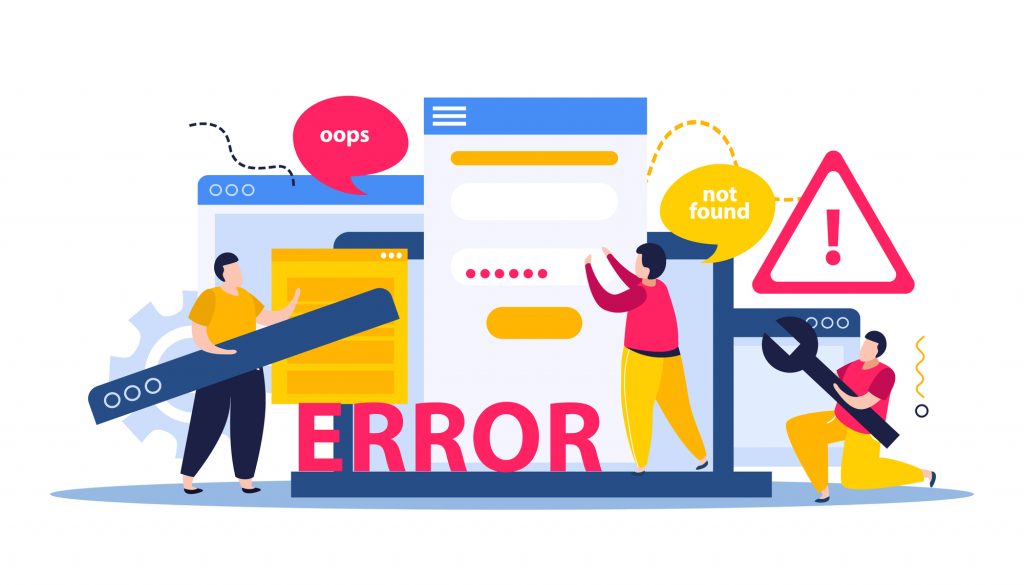Backlinks play a critical part in deciding where your website ranks in search results. When well-known sites refer to your material; search engines consider this as confirmation of relevance and trust. However, not all backlinks are good for a site, as there are harmful backlinks that can compromise the reputation of your website.
Search engines such as Google may punish domains that have too many spammy or irrelevant backlinks by demoting or even completely removing them from search results. To prevent your website from being stripped of its visibility score, it is important that you learn about low-quality backlinks and the associated penalties they can bring.
This guide will show you how to avoid penalties from low-quality backlinks, helping you navigate the process of finding bad backlinks, avoiding penalties, and building a healthy, penalty-free backlink profile.
Characteristics of Harmful Backlinks
Irrelevant Links
These are backlinks from sites that are out of your area of focus or specialization. These links do not add any value to your content and are likely to be considered as spam by the search engine.
Low Domain Authority
Domain authority (DA) is a factor that describes the quality of a website; the lower the DA, the more potentially dangerous it can be to your SEO.

Spammy or Thin Content
Links coming from other websites, particularly those with sparse, low-quality content, are regarded as spammy. Many of these sites are purely created to exchange links and this makes it a big ‘no-no’ to search engines.
Excessive Link Exchanges
A link exchange is when two (or more) websites agree to link to each other in order to gain more backlinks from relevant sources. While these can be a natural part of SEO, excessive or unnatural link exchanges may get flagged by search engines. The probability of Google noticing these backlinks as unnatural will be high, since its algorithm is designed to look into unusual patterns.
Avoiding Penalties with Backlink Analysis Tools
Google Search Console
This free tool by Google enables you to monitor your website performance and more. It allows you to discover which sites link to you and to evaluate the quality of these sites.
Ahrefs, Moz, SEMrush
These paid tools offer you detailed analysis of your backlinks, such as Domain Authority, Spam Score and Relevance of the linking site.
Manual Review
That being said, it is essential to also have a manual check of your backlinks. See if the sites linking to you are relevant and related to the contents of your site.
Should I Work With a Link Farm?
A link farm is a set of sites whose only purpose is to provide links to one another, thus contributing to the growth of the circle of references. Most of these sites actually do not provide any useful content – they simply exist for the purpose of manipulating rankings.
Popular search engines such as Google are able to identify link farms. Getting a spot in one could easily see a site’s rank plummet and gain a manual action penalty from Google. So, avoid link farms or any provider that obtains their backlinks through a network of sites. Aim to go for natural backlinks or providers that manually outreach to niche-relevant, high-quality publications.
Strategies to Avoid Penalties from Low-Quality Backlinks
Focus on High-Quality, Relevant Links
Links should be from trusted sites whose destinations are related to your industry. This shows search engines that your site contains useful information.

Build Relationships with Trusted Websites
Establish working relationships with highly ranked websites in your niche – to obtain organic backlinks in exchange for collaborations, guest posts, or citations.
Avoid Manipulative Link Schemes
Do not engage in link games, including exchanging links in large quantities, using PBNs, etc. Search engines are extremely efficient in identifying such scams.
Regular Backlink Audits
To eliminate the possibility of receiving penalties, it is necessary to conduct regular backlink audits. It is a way to monitor your account and backlink profile, and also to remove negative links that may harm your work. If you have located toxic backlinks, you will have to use the Google disavow tool to avoid any penalties.
An Overview of Google’s Disavow Tool
Speaking about what the disavow tool may be, it is a special service provided by Google to assist bloggers and webmasters who face problems with links to their sites. The disavow tool by Google lets the webmaster ask Google to exclude specific backlinks while ranking their site.
When to Use It
Generally, you should use the disavow tool only if you have a lot of toxic links that cannot be removed manually.
How to Prepare a Disavow File
Create a simple text file that contains these dangerous backlinks. Submit this file via Google’s disavow tool using the Search Console, and Google will ignore such links while evaluating your site.
Steps to Recover from a Penalty
If you have already gotten a penalty, you have to identify the cause. You must check your Google Search Console report to discover which manual action or algorithm update caused the penalty. Afterward, remove or disavow harmful links. If possible, these bad links should be deleted or removed on a manual basis. If you cannot, use the Disavow Tool to ignore them.
After you are finished with cleaning up your backlinks, you can then submit a reconsideration request to Google to inform them of the measures you have taken in solving the problem. Monitor the request(s) submitted and your site ranking and performance after making the request. Recovering from rankings may take some time though.
Conclusion
Low-quality backlinks attract penalties, and avoiding them is a continuous process. Backlinks should be checked often, proper link acquisition techniques should be followed, and the use of the disavow tool should not be neglected in order to keep your site in good SEO shape. In the process of link building, you should pay attention to the quality of the links and the relevance of the linked sites. Do not employ unscrupulous tricks which, in the long term, can jeopardize your site and lead to its de-indexation.
